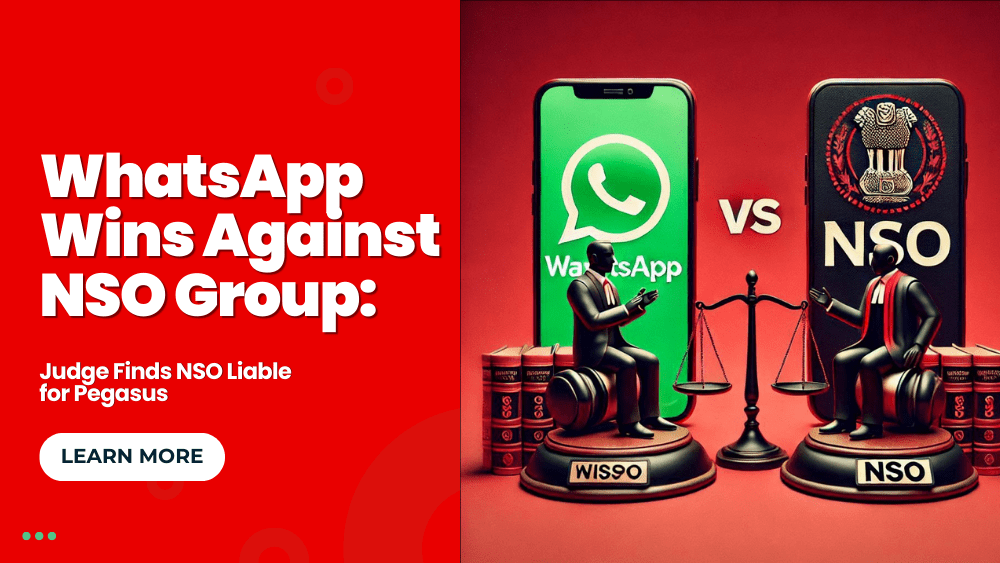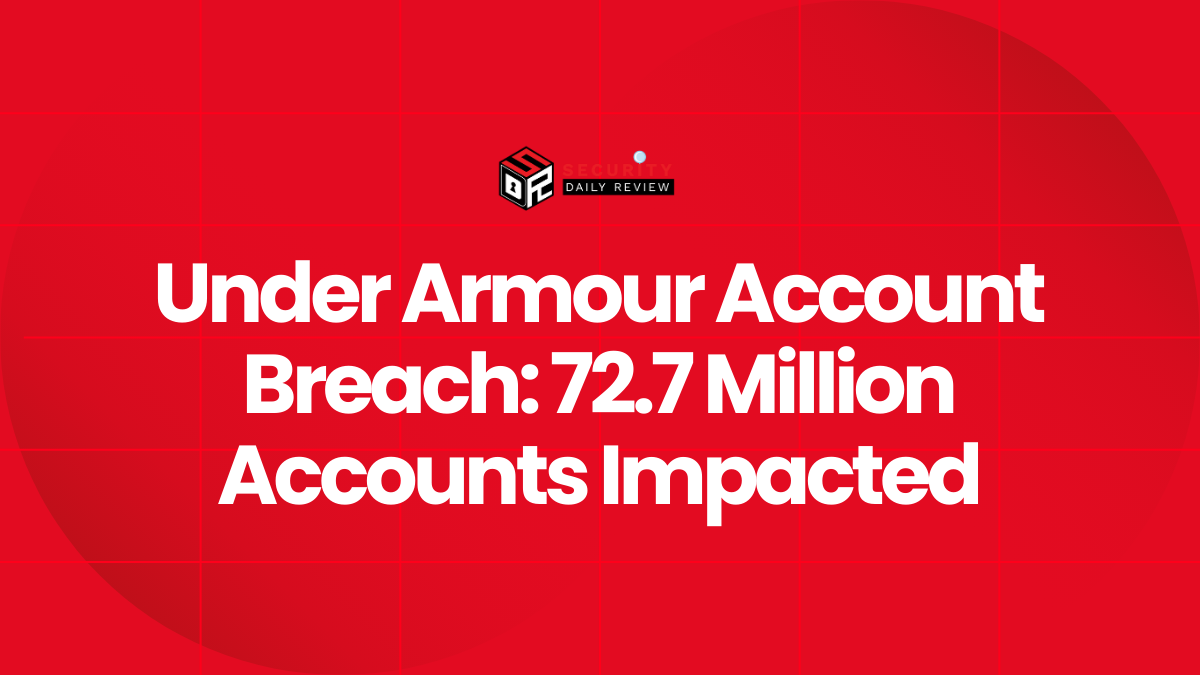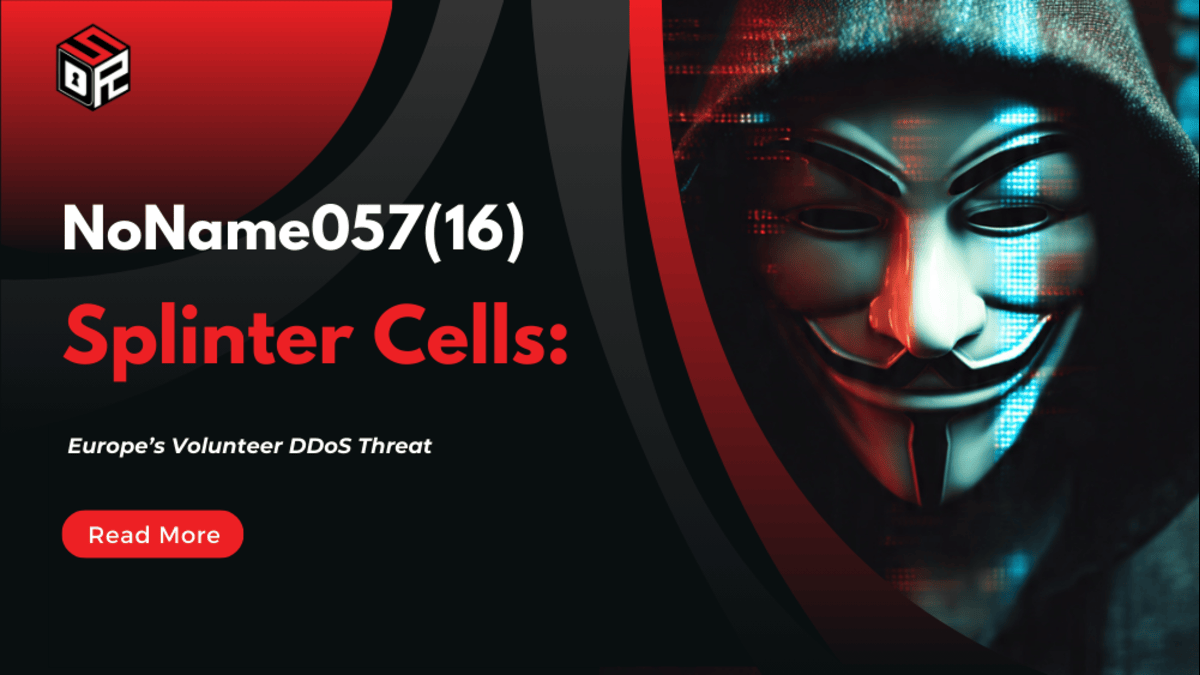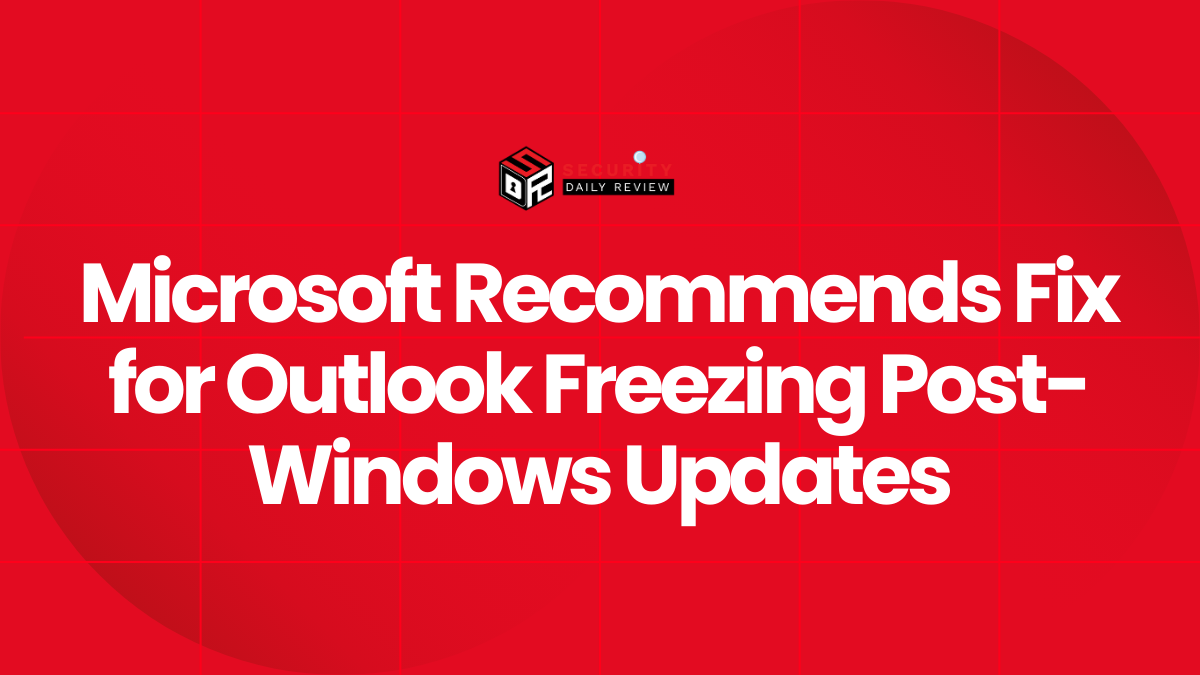A US District Court delivers a significant blow to the Israeli spyware firm, holding them accountable for violating federal laws and WhatsApp’s terms of service.
WhatsApp NSO Group Legal Battle Culminates in Major Win for Privacy
In a resounding victory for user privacy and a significant legal development, WhatsApp has successfully concluded its long-standing legal battle against the NSO Group, the controversial Israeli company behind the Pegasus spyware.
A US District Court judge ruled in favor of WhatsApp, finding NSO Group liable for hacking the devices of 1,400 individuals using WhatsApp’s servers to install the sophisticated spyware. This landmark decision underscores the growing accountability for companies involved in the development and deployment of invasive surveillance technologies.
Details of the Court Ruling and its Implications
The ruling, delivered by US District Court Judge Phyllis Hamilton, granted WhatsApp’s motion for summary judgment. Judge Hamilton determined that NSO Group violated the federal Computer Fraud and Abuse Act (CFAA) and California’s Comprehensive Computer Data Access and Fraud Act (CDAFA).
Furthermore, the court found that NSO Group breached WhatsApp’s terms of service, highlighting the disregard for established legal and ethical boundaries. This legal win is a crucial step in the ongoing fight against spyware and the protection of user privacy.
The ruling, however, does not conclude the legal proceedings. A separate trial is scheduled for March 2025 to determine the damages owed to WhatsApp by NSO Group. Both parties have been instructed to inform the court by January 17, 2025, regarding any expert-related motions requiring resolution before the damages trial. This trial will focus on the financial consequences for NSO Group’s actions, potentially setting a significant precedent for future cases involving technology and privacy violations.
WhatsApp CEO Will Cathcart expressed his satisfaction with the ruling, stating, “This is a huge win for privacy.” He emphasized the importance of holding spyware companies accountable and highlighted the five-year effort WhatsApp invested in building its case, emphasizing their firm belief that such companies should not evade responsibility for their unlawful activities.
His statement reflects a broader commitment to user privacy and the fight against illegal surveillance, a sentiment echoed by many privacy advocates worldwide.
The Background of the WhatsApp NSO Lawsuit and its Significance
The lawsuit, initiated by WhatsApp in 2019, stemmed from allegations that NSO Group exploited a vulnerability in the messaging app to deploy Pegasus spyware. This spyware was allegedly used to surveil a wide range of individuals, including journalists, politicians, and human rights activists, raising serious concerns about privacy violations and the potential suppression of freedom of expression.
The case gained significant momentum when the US Supreme Court allowed WhatsApp to proceed with its lawsuit, underscoring the gravity of the issue and the need to address the misuse of technology for surveillance purposes.
NSO Group has consistently maintained that Pegasus was designed to assist law enforcement and intelligence agencies in combating crime and terrorism. However, the court’s ruling directly challenges this narrative, highlighting the potential for abuse inherent in such powerful surveillance technology.
A key factor contributing to the court’s decision was NSO Group’s repeated failure to provide WhatsApp with the source code of its spyware. Judge Hamilton criticized this lack of transparency, noting that NSO Group only shared the source code with one Israeli citizen, a practice deemed “simply impracticable” by the judge. This lack of cooperation further underscores concerns about the company’s operations and commitment to ethical practices.
Broader Implications for Privacy and Surveillance
The ruling against NSO Group carries significant global implications for privacy and surveillance practices. It serves as a strong deterrent, sending a clear message that companies involved in the development and deployment of spyware will face legal consequences for their actions.
This decision could encourage other technology companies to adopt a more proactive stance against illegal surveillance and strengthen their commitment to protecting user privacy.
The ongoing legal proceedings will continue to shed light on the practices of surveillance companies. The ruling may also prompt lawmakers to consider stricter regulations governing the use of spyware and the protection of individual privacy rights.
The outcome of the upcoming damages trial in 2025 will be closely observed, as it could set a precedent for future cases involving the intersection of technology and privacy. The WhatsApp NSO Group case stands as a landmark victory in the ongoing fight for digital rights and privacy.










